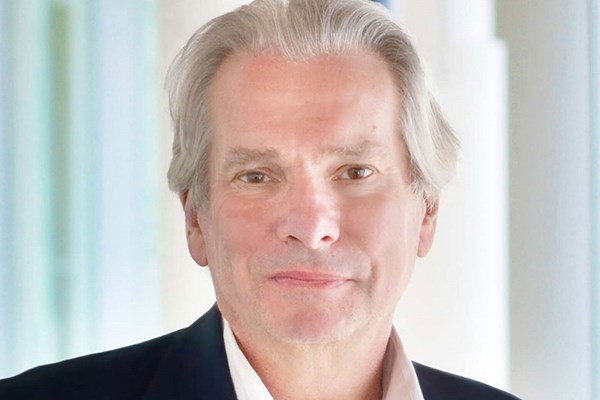Cold Chain Creates Barriers for Some Who Need Access

12/09/2020
Contacts for media: Christine Gillette, 978-758-4664, Christine_Gillette@uml.edu and Nancy Cicco, 978-934-4944, Nancy_Cicco@uml.edu
LOWELL, Mass. – As two COVID-19 vaccines grow closer to being on the market in the U.S., there are multiple factors to be considered when it comes to ensuring all who need the vaccine get it, according to a faculty researcher with expertise in vaccines and public health.
The vaccine by Pfizer requires extreme cold for storage and transportation, while the Moderna option needs to be kept at approximately 20 degrees. That need for cold raises questions about how that might affect the equitable distribution of either vaccine. However, there are proven alternatives to the cold chain that make the most sense for emerging markets that are not huge moneymakers, according to Timothy Ford, chairman of UMass Lowell’s Department of Biomedical and Nutritional Sciences.
Ford can discuss the details of how cold chains work and what is necessary to keep them intact, as well as how the United States’ intention to withdraw from the World Health Organization is one example of how the nation has turned from a less global, humanitarian perspective on health. The U.S. and other major countries should be supporting in-country manufacturing of the COVID-19 vaccine for low- and middle-income countries (LMICs), including providing research advances, quality-control advice and more.
Ford’s expertise includes leading a lab that conducts gene sequencing-based analyses and receives perishable reagents from both the U.S. and abroad via the cold chain. The delivery is overnight, efficient and expensive – and only possible through funded grants and an efficient delivery system. His lab also conducts work in rural Haiti where there is often no or intermittent power, no or limited “road” access and no or limited infrastructure (e.g., lab, clinic, clean water, sanitation, etc).
Pharmaceutical companies should be encouraged and supported to share their advances and not be drawn into the protectionist practices of the wealthy nations, Ford contends.
To connect with Ford, contact Christine Gillette at 978-758-4664 or Christine_Gillette@uml.edu, or Nancy Cicco at 978-934-4944 or Nancy_Cicco@uml.edu.
